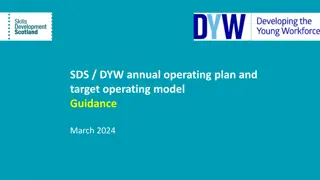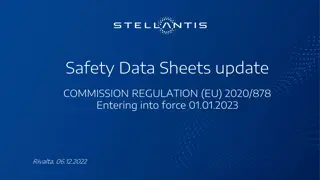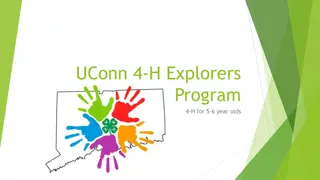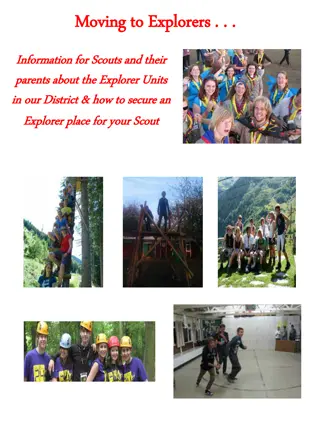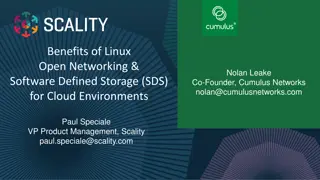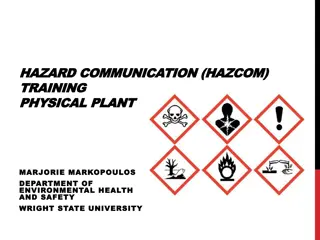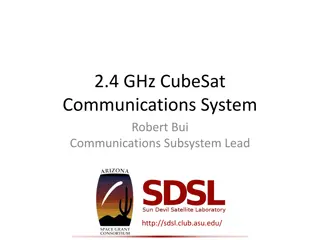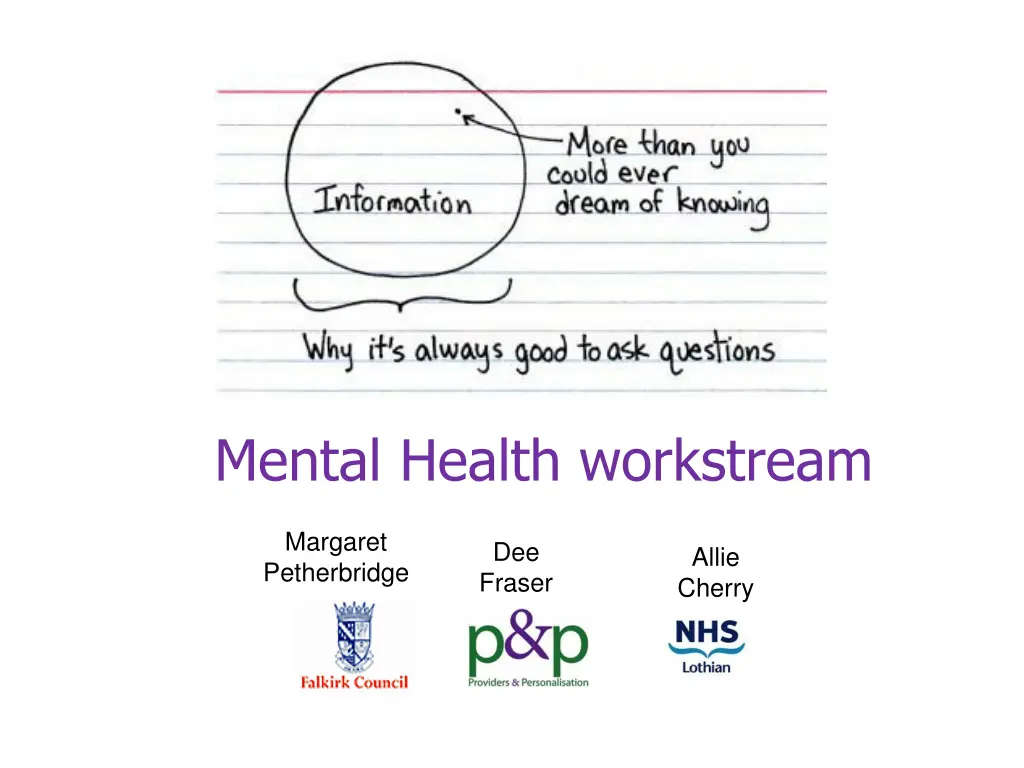
Unveiling the Landscape of Mental Health Workstream Challenges
Discover the obstacles hindering mental health progress through personalization, self-directed support, and examining key evidence. Overcome barriers like low awareness, stigma, and professional nervousness to pave the way for effective solutions.
Download Presentation

Please find below an Image/Link to download the presentation.
The content on the website is provided AS IS for your information and personal use only. It may not be sold, licensed, or shared on other websites without obtaining consent from the author. If you encounter any issues during the download, it is possible that the publisher has removed the file from their server.
You are allowed to download the files provided on this website for personal or commercial use, subject to the condition that they are used lawfully. All files are the property of their respective owners.
The content on the website is provided AS IS for your information and personal use only. It may not be sold, licensed, or shared on other websites without obtaining consent from the author.
E N D
Presentation Transcript
Mental Health workstream Margaret Petherbridge Dee Fraser Allie Cherry
What SDS is (and what it isnt) 1. Personalisation Self-directed support 2. Self- directed support Direct Payments 3. It is based on meaningful choice and control 4. It is a means to an end (in Scotland) 5. It is effective (but it won t save money) 6. It is not a revolution (don t panic )
The terrain: barriers for mental health Low awareness Stigma and self- stigma Professional nervousness (process and capability) Lack of mental health stories and role models Health route (not necessarily social work) Small support packages and use of non- SDS services e.g. drop-in, crisis centres. Involuntary admission= disempowering Experience of certain mental health problems- feels like control isn t possible.
The map: what we did 1.Initial meeting 2. Really small survey (n=4) 3.Bring Your Own Evidence (BYOE) session 4.NHS Lothian literature review
Bring Your Own Evidence (BYOE) Something that convinces you about SDS Mosaic not hierarchy 9 participants
Being convinced- It s not logic, captain Multiple influences on what we count as evidence What my boss wants who I m talking to what I read last the media how I feel what I know my background my experiences
The evidence we talked about Lived experience (service user and carer) Falkirk Mental Health Respite Vouchers Pilot NHS Lothian SDS Pilot IBSEN study (mental health data only) NHS Lothian Literature review Self- directed support A review of the barriers and facilitators (2011) Scottish Government Potential pieces of work (SRN, NHS Highland)
Method: Exploring the evidence 1. What stood out? 2. What happened? 3. Who was involved? 4. What made it work/not work? 5. What questions did it not answer?
Method: thinking about quality Does it convince me? Based on the SCIE/Keele Protocol Evidence shopping Yes Minister syndrome
What we found Create accessible information about mental health and SDS. Don t make stigma based assumptions about people s ability to cope and thrive with their own budget. Develop strong stories of mental health recovery and SDS.
What we found(2) Need know more about what happens in the long term. Need to hear the individual s whole story from start to finish. What worked and what didn t. Larger groups of people stories from people who know stories that let us see SDS is possible
What we would do differently Separate sessions 1. Raise awareness 2. Collect experience 3. Analyse evidence More time! Clearer briefing for participants.
Expedition: Where to go next Planned Pilotlight Mental Health Foundation research Potential SDS recovery stories WRAP and recovery budgets Using BYOE for project development
contact Dee Fraser Dee.fraser@ccpscotland.org www.ccpscotland.org/providers_and_personalisati on (0131) 475 2676 P&P is a four year policy and practice change programme seeking to increase the voluntary sector provider voice in SDS policy and support providers to share and develop best practice in SDS. P&P is fully funded by the Scottish Government and hosted by CCPS.




